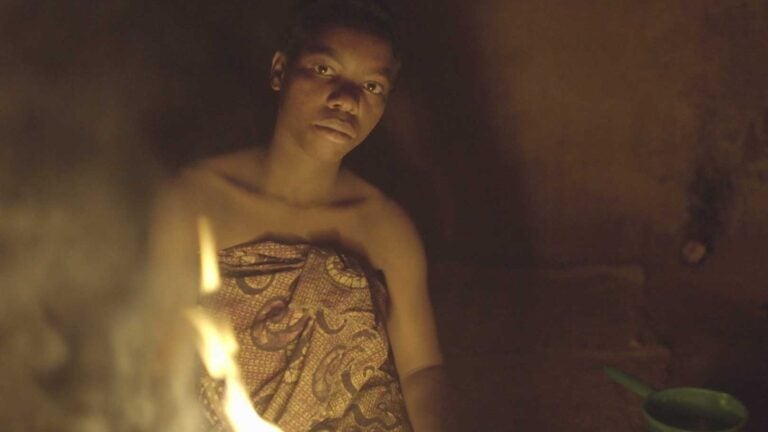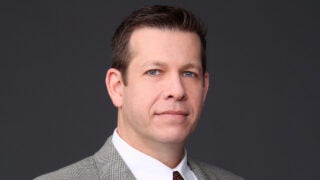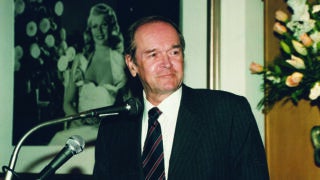
Woman with Gloria Steinem is a series that explores violence against women in different countries, such as child brides in Zambia, above. (Courtesy of Viceland)
USC Annenberg to offer course based on the TV documentary series Woman
The class will examine how media can expose violence against women
The USC Annenberg School for Communication and Journalism will launch a new course developed from the Viceland TV series Woman with Gloria Steinem. Starting in the spring semester, the class will show students how the media portrays gender and how they can create their own media for social change.
“We’re excited to bring this unique opportunity to USC Annenberg students,” Dean Willow Bay said of the course developed in partnership with Vice Media. “The course integrates theory and practice to examine how media can expose violence against women and be deployed as a force for change.”
Each installment of the documentary series, created with the input of activists Steinem and Amy Richards, examines violence against women in different parts of the world, with reporting by an on-site correspondent.
“Thanks to the grounding of these eight documentaries in the work of women activists, I believe that Woman, a series on violence against females in eight different countries, is as close viewers can come to actually being there,” said Steinem, the show’s executive producer.
“The overall goal of the course is to help students develop as more engaged, informed and empathetic citizens who are empowered to bring resolution and shared understanding to areas of conflict in their own lives and in the broader community,” said Professor Sarah Banet-Weiser, vice dean of USC Annenberg, who will co-teach the course alongside Professor Alison Trope.
Gender issues
The class will use specific episodes of Woman and guest speakers, alongside images of media from the late 20th century to the present, to build its examination of gender issues. Students will explore media representations of gender and will analyze how it is tied to power, voice, race, socioeconomic status and sexual orientation.
With gender theories as a guide, students will then delve into practice, using the documentary form as a vehicle for social change. They will learn the tools for creating a media project — from pitching and shaping to digging into production itself. Content created by the students will be published on Broadly, Vice’s female-focused site.
Our hope is that students will have a project to enact social change.
Sarah Banet-Weiser
“By the conclusion of the class, our hope is that students will have a project to enact social change. Beyond that, they’ll have an understanding of the cultural representations of gender identity and ways to practice storytelling in the context of disenfranchised communities,” Banet-Weiser said. “They will have a deeper knowledge of institutional policies that create barriers or avenues to social justice.”
Ariel Wengroff, executive producer of Woman, said the show’s intention was to create socially responsible content that could empower its audience to create change.
“We want our audience to bear witness to the untold stories of women, connecting the dots of how these systemic issues that we ghettoize as ‘women’s issues’ actually can determine the course of a nation, depending on how they’re dealt with,” she said.



